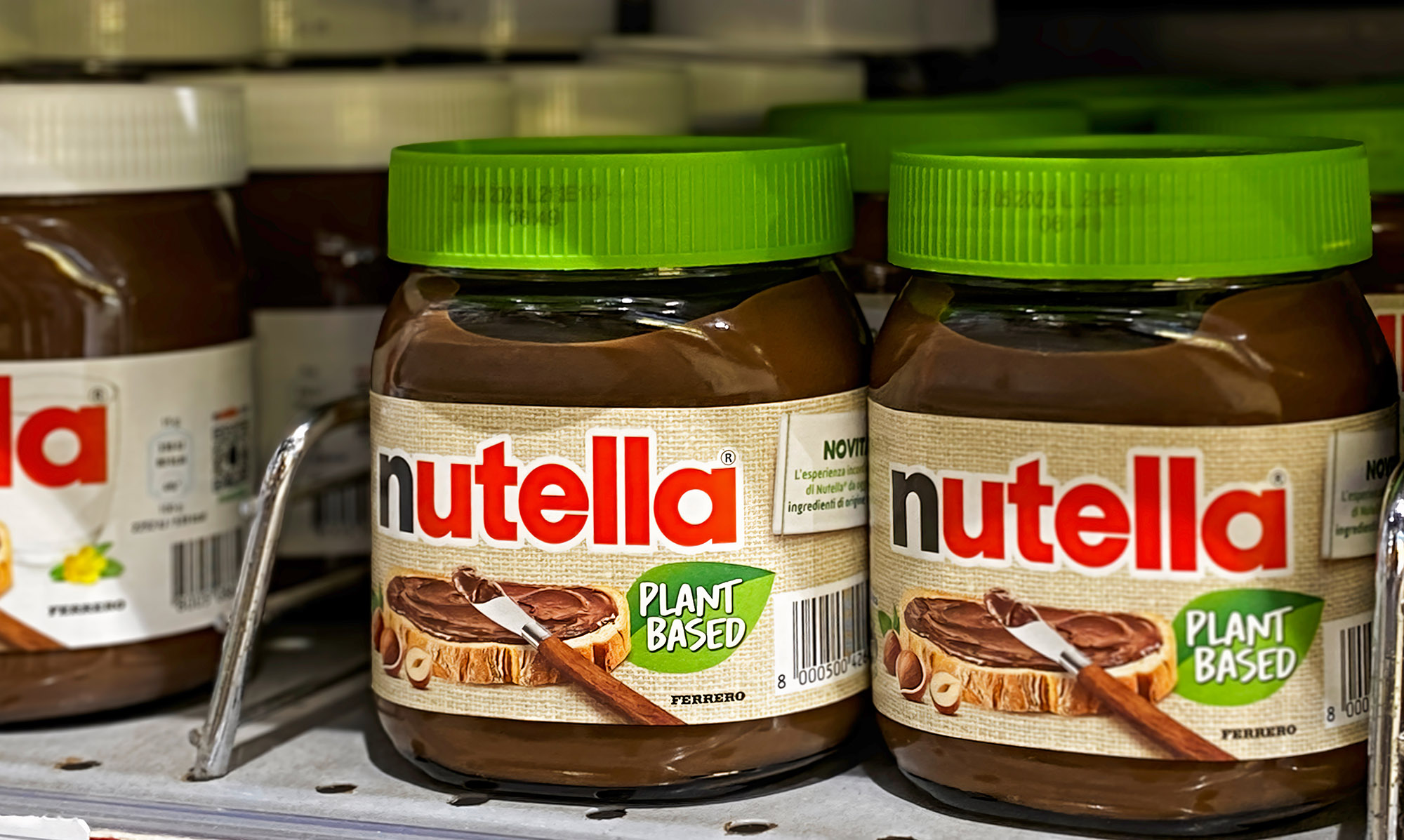

ProVeg helps secure global ISO standard for plant-based food labeling
A new international standard is set to reshape the way plant-based foods are labeled, marking what advocates call a major milestone for the sector. The International Organization for Standardization (ISO) has finalized guidelines titled Plant-based foods and food ingredients – Definitions and technical criteria for labelling and claims, following three years of negotiations among global stakeholders.
The standard, developed with input from food companies, non-profits, and scientists, was strongly influenced by the work of ProVeg’s Martine van Haperen, who represented public interest in plant-based food systems throughout the process. “Consumer research shows that ‘plant-based’ is one of the most appealing claims to label products that don’t contain animal ingredients,” says van Haperen, Food Industry Expert at ProVeg Netherlands and a member of the ISO working group.
“Previously, there was no internationally recognised guideline on how this claim should be used. As a result, foods containing animal ingredients have been occasionally labelled as ‘plant-based’, which risks confusing consumers and damaging their trust in this claim. The ISO standard provides clear guidance for manufacturers and retailers worldwide to preserve and promote ‘plant-based’ as a claim that is widely trusted and appreciated by consumers.”
The new framework introduces two distinct categories. The first, Category One, covers foods containing no animal ingredients. To qualify, products must include a characterising plant-based component such as legumes, nuts, vegetables, or fruit. These items can be labeled as plant-based without restriction, and the category also allows for the use of cultivated egg and dairy ingredients produced with microbes.
Category Two permits limited and conditional use of animal ingredients, up to 5% of the mass or volume of the final product. These must serve a clear technological purpose, be derived from living animals, and be disclosed transparently on packaging. Products in this category cannot use the term plant-based on its own, but qualified descriptors such as 'plant-based vegetarian' or 'plant-strong' are allowed.
While the second category is more contentious, van Haperen describes it as a compromise reflecting the politics of diverse stakeholders. Crucially, she says, the standard aligns the core meaning of plant-based with fully animal-free foods, setting a benchmark for credibility and consumer confidence.
For food manufacturers and retailers, the ISO’s intervention provides both clarity and opportunity. In contrast to the term vegan, which some consumers perceive as ideological or exclusive, plant-based has broad mainstream appeal. Flexitarians, health-conscious shoppers, and consumers seeking to reduce meat intake respond more positively to plant-based labeling.
Research supports this trend. The Good Food Institute found that plant-based claims increase mainstream consumer purchasing intent by around 20% compared to vegan labels, with 'plant-based protein' performing best. A 2024 YouGov UK poll identified plant-based as the most preferred label, while terms such as vegan and meatless ranked lowest. The European Smart Protein Project reached similar conclusions, reporting that '100% plant-based' and 'plant-based' were the most compelling product claims across several markets.
These findings suggest the ISO standard could strengthen marketing strategies and help brands avoid greenwashing accusations. By codifying when the term plant-based can be applied, the guidelines also reduce the risk of misleading consumers, reinforcing trust in a fast-growing sector.
For now, adoption of the ISO plant-based standard remains voluntary. “Adherence to ISO standards is voluntary, so we need to wait and see how this standard is received and implemented across various cultural, economic, and political spaces,” van Haperen says.
“However, ISO is a widely respected institute, and this standard was created with input from food industry partners and NGOs around the world, so I expect it to have a profound impact. In addition to giving guidance for voluntary corporate labelling policies, it could be a first step towards governmental legislation regarding the labelling of plant-based foods, further solidifying consumer trust in this product claim.”
The guidance offers a number of practical implications for brands. Products meeting Category One criteria will have the clearest path to plant-based labeling, enhancing consumer trust and potentially widening market appeal. Companies using animal-derived ingredients will need to adjust packaging language, opting for qualified descriptors and transparent disclosure.
Advocates warn that misuse of the plant-based claim may now draw heavier scrutiny. To strengthen transparency, brands can pair claims like '100% plant-based' with third-party certification such as the V-Label, a widely recognized international seal established in Switzerland in 1996. V-Label certification covers more than 70,000 products worldwide and provides added assurance for both flexitarian and vegan shoppers.
Some companies may choose to use vegan certification on back-of-pack labeling while maintaining a plant-based claim on the front. This strategy helps reach broad consumer segments without alienating flexitarian buyers, while still signaling credibility to committed vegans who routinely check ingredient lists.
Though not binding, the ISO’s move is expected to influence national regulation, retailer requirements, and voluntary corporate practices worldwide. For brands, it represents both a commercial opportunity and a compliance challenge, requiring careful audits of current product labels and ingredient lists.
Despite the compromise of allowing limited animal ingredients in Category Two, the lasting impact of the standard lies in defining plant-based as fully animal-free in its primary category. For advocates such as ProVeg, this is the real achievement: a foundation for consistency, credibility, and growth in the global plant-based food market.
If you have any questions or would like to get in touch with us, please email info@futureofproteinproduction.com

.png)




.webp)

